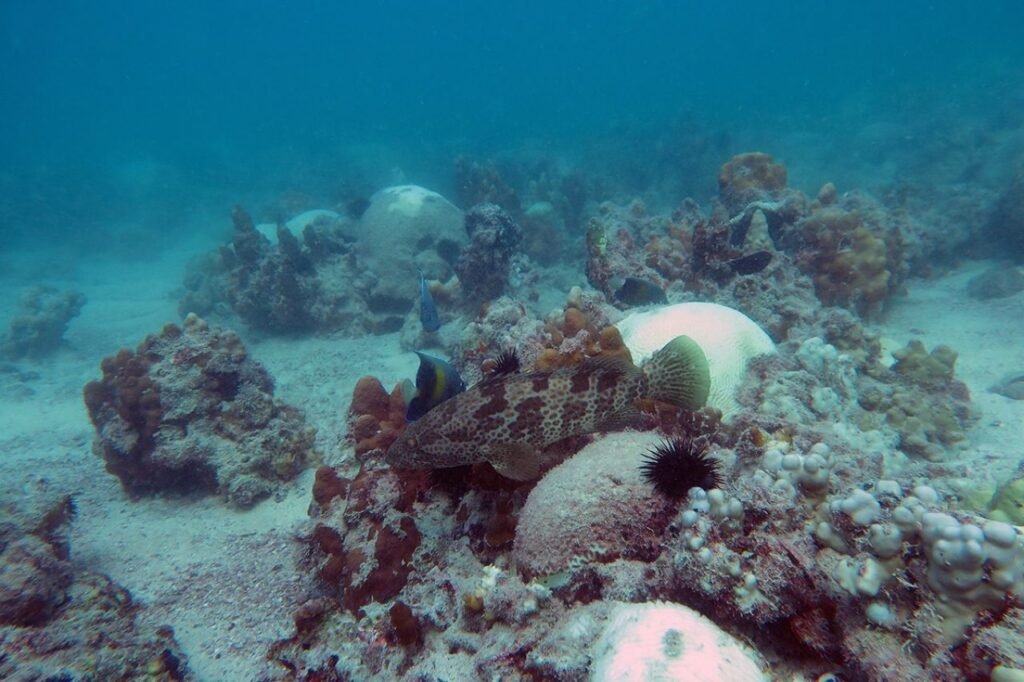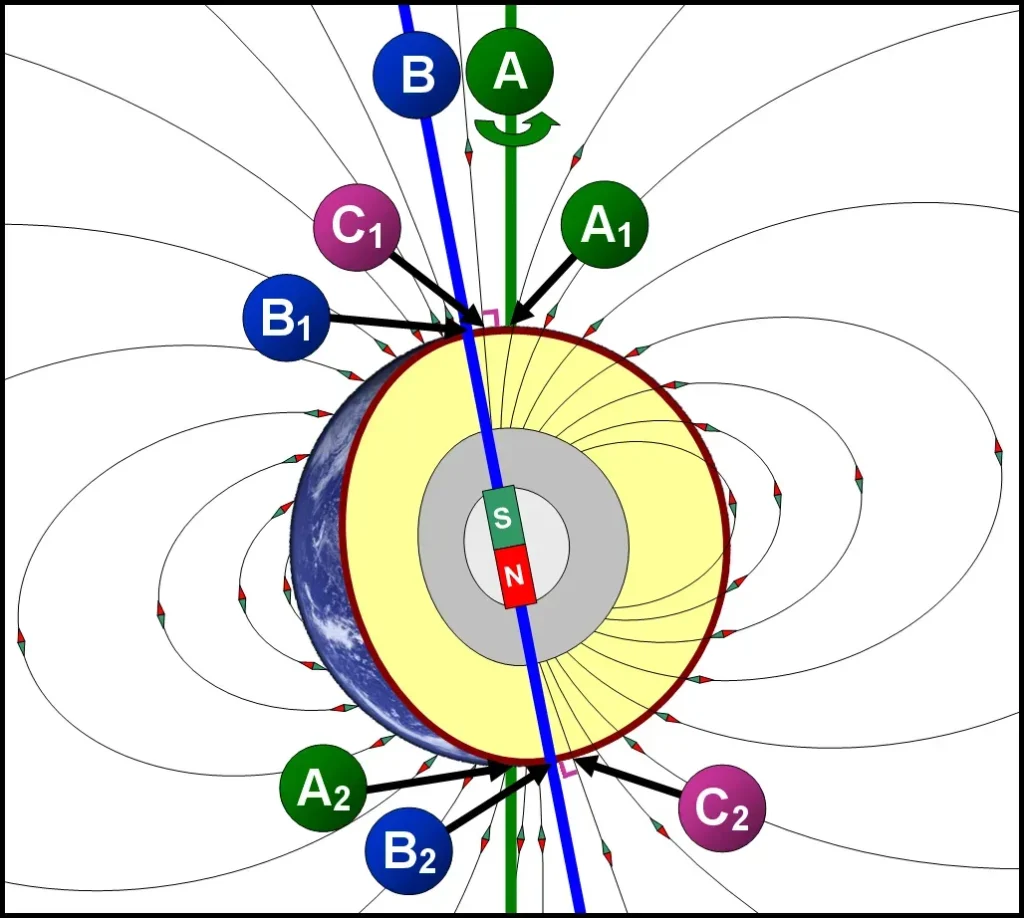The world’s oceans, covering more than 70% of the Earth’s surface, play a pivotal role in maintaining the planet’s climate and temperature. Marine biology, the study of organisms and ecosystems in the ocean and other saltwater environments, is crucial in understanding climate change. This article delves into how marine biology contributes to climate change research, offering insights into the complex interactions between marine life and the global climate system.
Understanding the Ocean’s Carbon Cycle
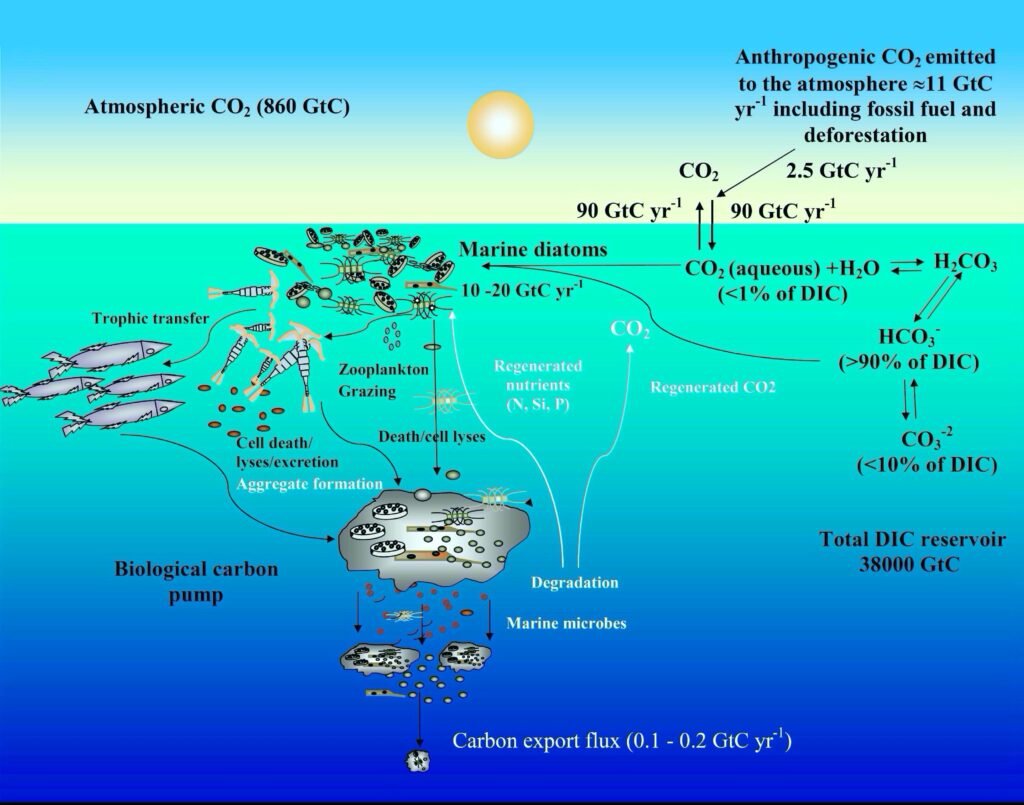
The ocean is a major carbon sink, absorbing approximately a quarter of the carbon dioxide (CO2) emitted by human activities. Marine biologists study the ocean’s carbon cycle to understand how various marine organisms, from tiny phytoplankton to massive whales, contribute to carbon sequestration. These studies help researchers predict how changes in marine ecosystems could affect the ocean’s ability to absorb CO2.
The Influence of Phytoplankton

Phytoplankton, microscopic plant-like organisms, are fundamental to the ocean’s ability to regulate CO2 levels. Through photosynthesis, they convert CO2 into organic matter, forming the base of the marine food web. Monitoring phytoplankton populations helps scientists assess the health of marine ecosystems and their impact on global carbon levels.
Coral Reefs as Climate Indicators

Coral reefs, often referred to as the ocean’s rainforests, provide critical insights into climate change. These vibrant ecosystems are highly sensitive to changes in water temperature and acidity, making them excellent indicators of climate change’s impact on marine environments. Marine biologists study coral bleaching events to understand how warming oceans are altering these ecosystems.
Marine Animals and Their Role in Carbon Storage

Large marine animals, such as whales, play a significant role in carbon storage. When whales die, their bodies sink to the ocean floor, sequestering carbon for decades or even centuries. Furthermore, their presence can influence the distribution of nutrients in the ocean, supporting phytoplankton growth and enhancing carbon sequestration. Research into these processes is crucial for understanding natural carbon storage mechanisms.
Ocean Acidification Monitoring
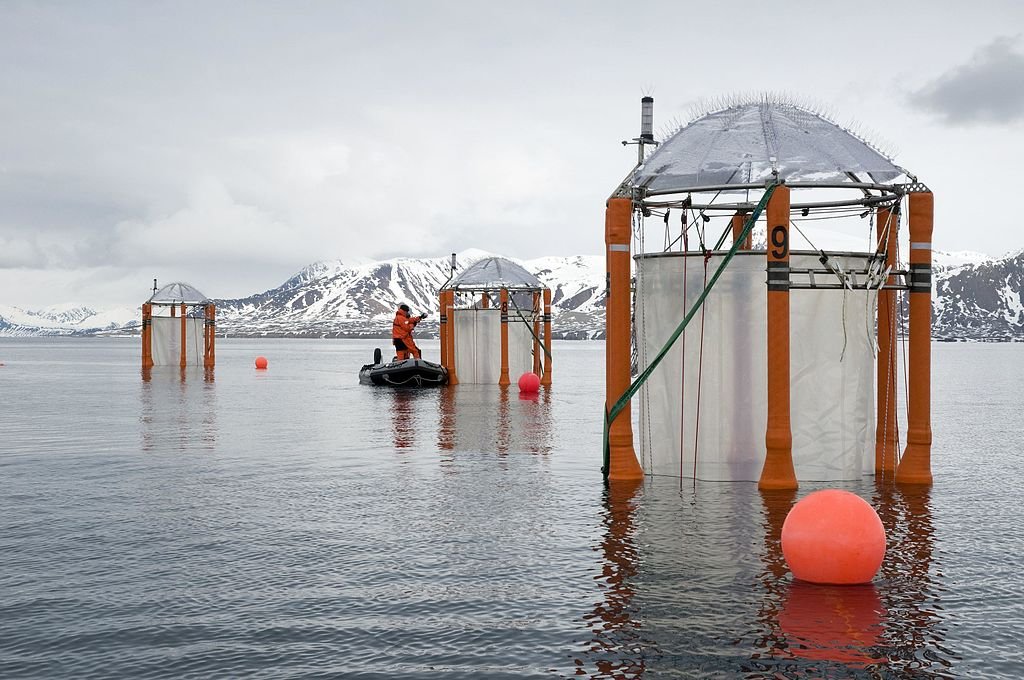
As the ocean absorbs CO2, it becomes more acidic, which can have devastating effects on marine life, particularly organisms with calcium carbonate shells or skeletons like clams, corals, and some plankton. Marine biologists monitor changes in ocean acidity to predict how marine biodiversity and ecosystem services might change in the future, influencing climate regulation.
The Impact of Ocean Temperature Rise

Rising ocean temperatures affect marine species’ distribution, behavior, and reproduction. Cold-water species may migrate to new areas, while warm-water species expand their range, potentially disrupting ecosystems. By studying these shifts, marine biologists can forecast changes in marine biodiversity and its implications for global climate systems.
Sea Ice and Marine Life Interactions

Sea ice provides critical habitat for various marine organisms, including krill, which are a cornerstone of the Antarctic food web. The melting of sea ice linked to climate change threatens these habitats, altering food availability for numerous species, including fish, birds, and mammals. Marine biologists study these interactions to grasp the broader implications of diminishing sea ice.
Understanding Methane Emissions

Some marine environments, such as wetlands and the ocean floor, release methane, a potent greenhouse gas. Understanding how marine biological processes influence methane emissions is vital for accurately modeling climate change scenarios. Research explores how processes like sediment disturbance contribute to methane release.
Climate-Proofing Marine Protected Areas
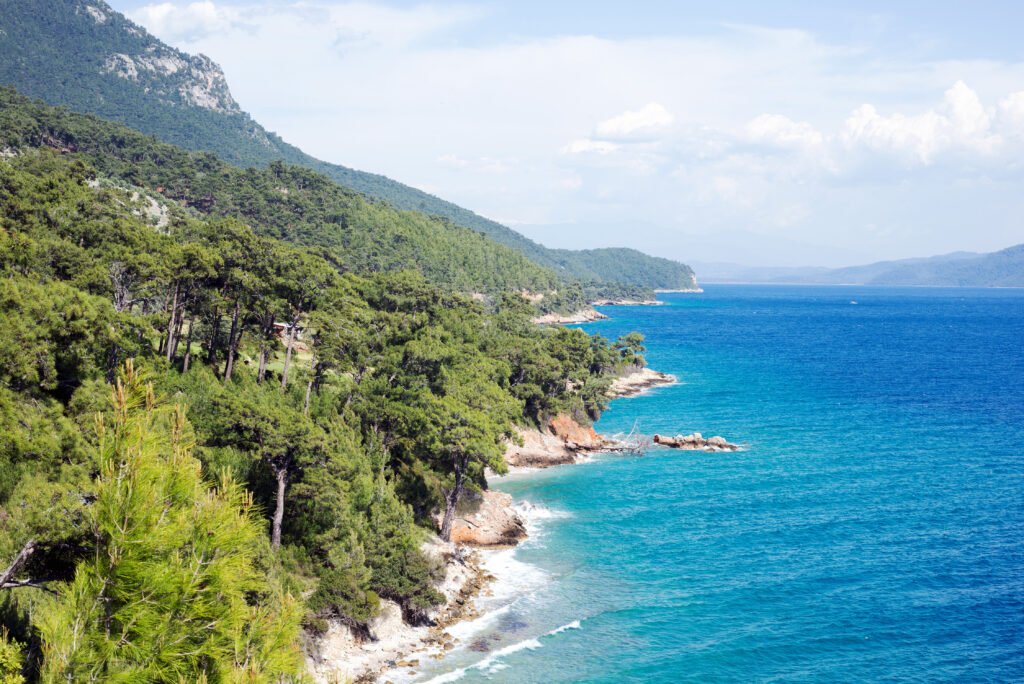
Marine Protected Areas (MPAs) are established to conserve critical habitats and species, and play a role in mitigating climate change. Marine biologists assess the effectiveness of MPAs and recommend adaptations to better protect these areas under climate change’s pressure, ensuring biodiversity and ecosystem resilience.
Advancements in Marine Technology

New technologies, such as autonomous underwater vehicles and advanced sensors, are revolutionizing marine biology research. These tools allow researchers to collect data in remote or inhospitable ocean areas, improving our understanding of marine ecosystems and their role in climate change mitigation.
Interdisciplinary Collaboration

Marine biologists often collaborate with climate scientists, oceanographers, and policymakers to address complex climate challenges. Such interdisciplinary efforts are vital for developing comprehensive climate change strategies that incorporate marine biological insights.
Engaging the Public in Ocean Conservation

Raising public awareness about the ocean’s role in climate regulation is essential for fostering conservation actions. Marine biologists engage communities worldwide through education and citizen science projects, empowering people to contribute to climate change solutions.
Conclusion: A Collaborative Future

Marine biology’s role in climate change research is indispensable, providing critical insights into how oceans interact with Earth’s climate system. By understanding the intricate relationships within marine ecosystems, researchers can better predict climate change impacts and develop strategies to mitigate them. As we move forward, continued collaboration and innovation in marine science will be essential in addressing the challenges posed by our changing climate, ensuring the health of both our oceans and our planet.

